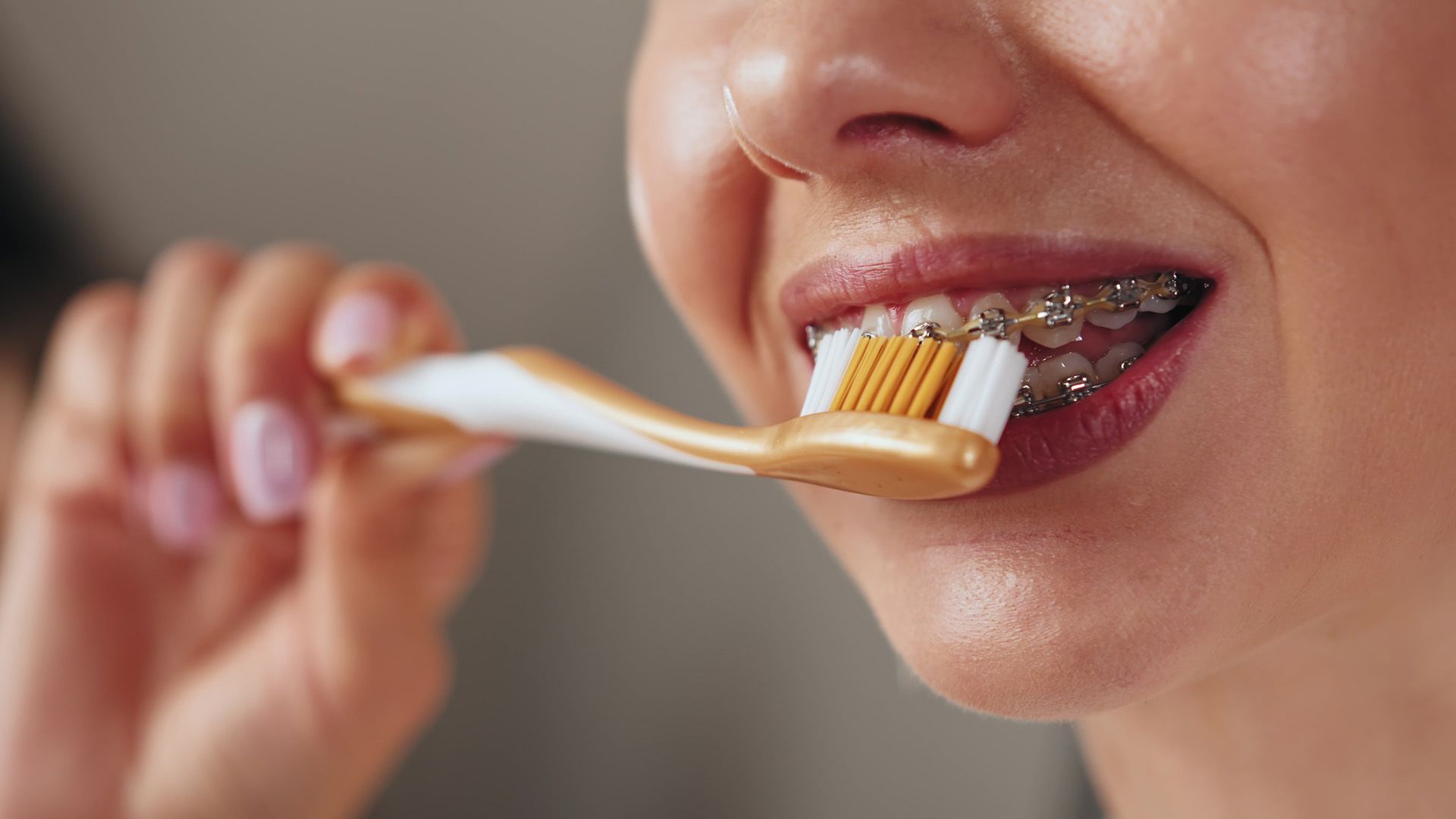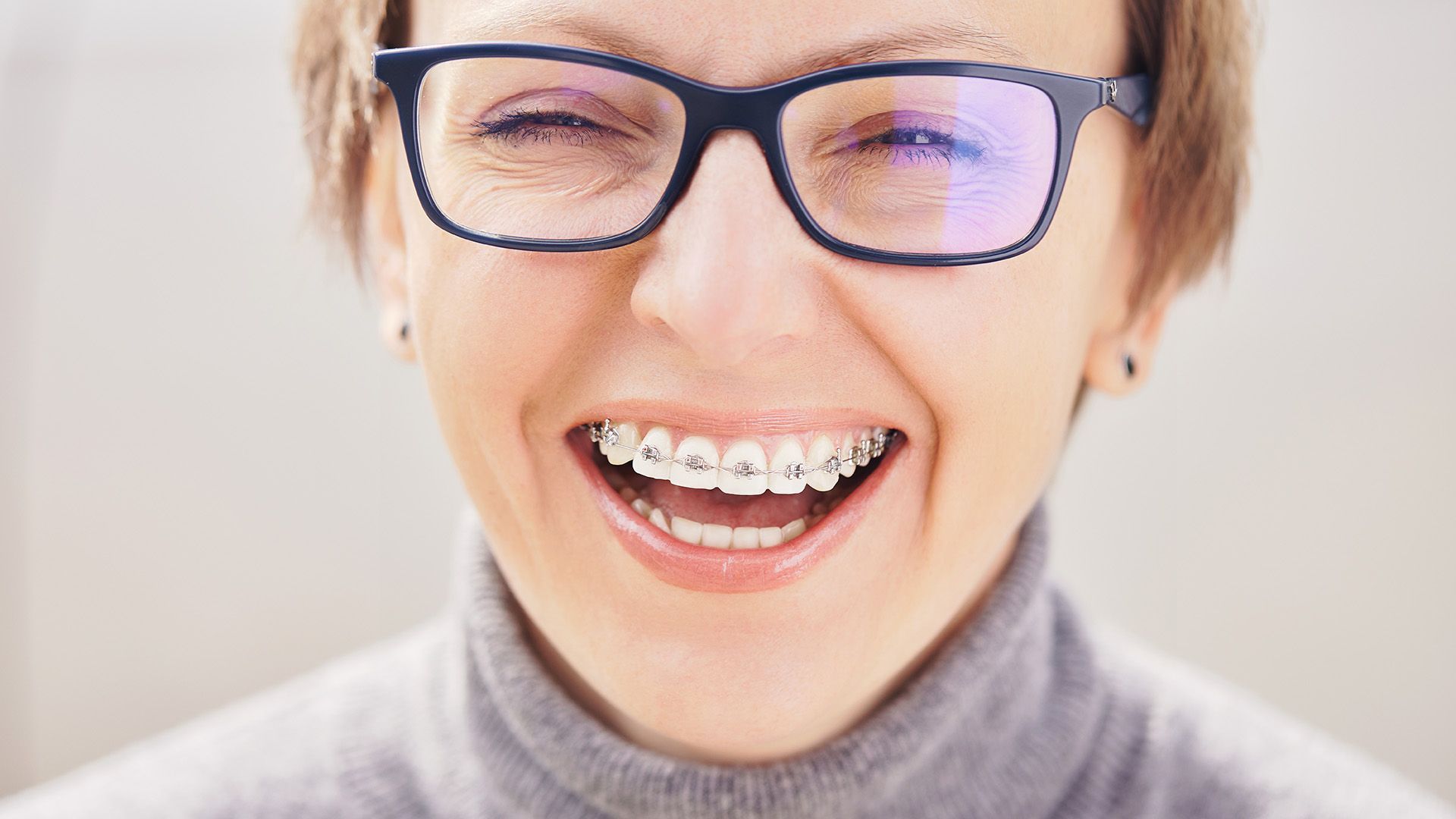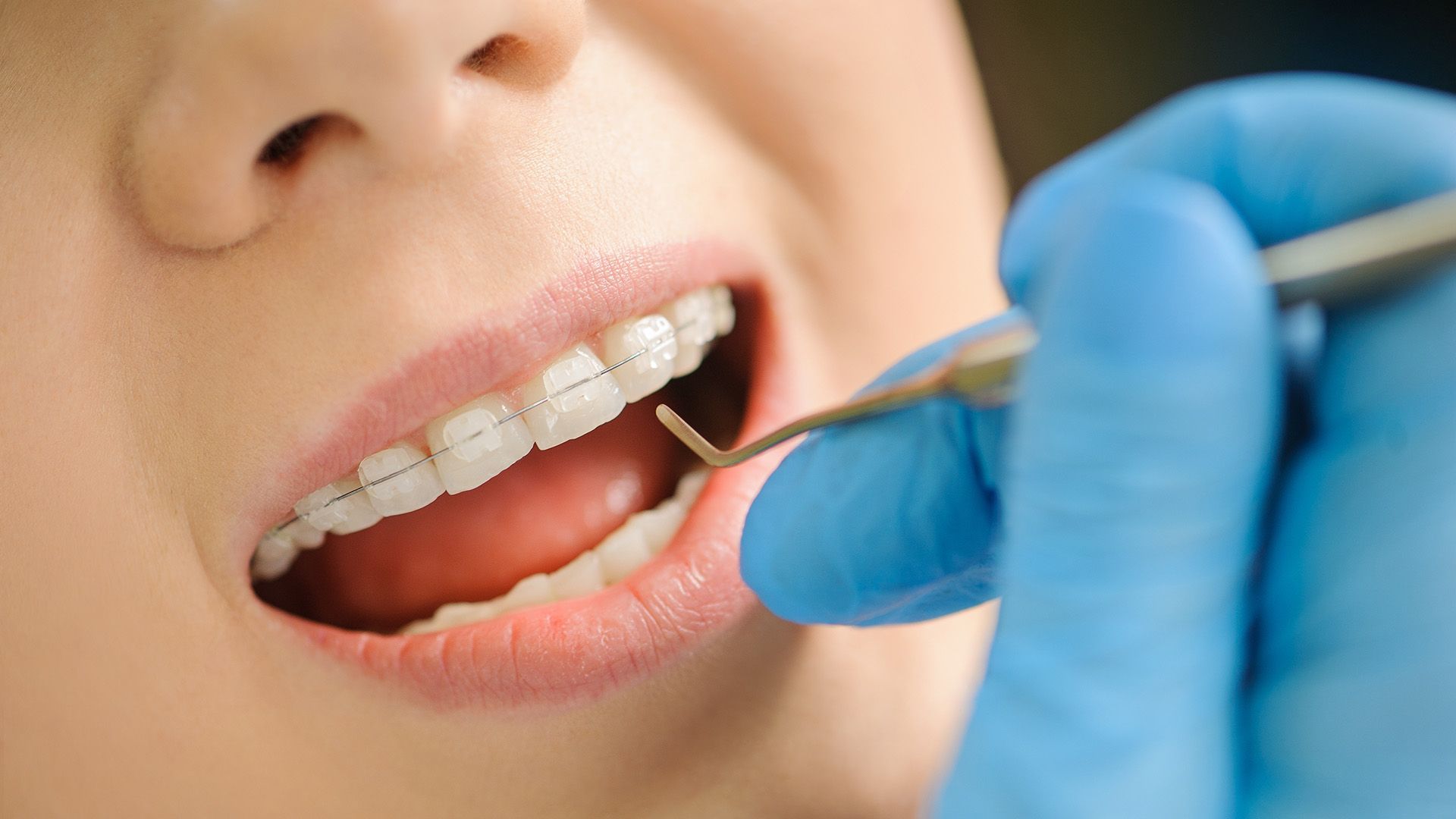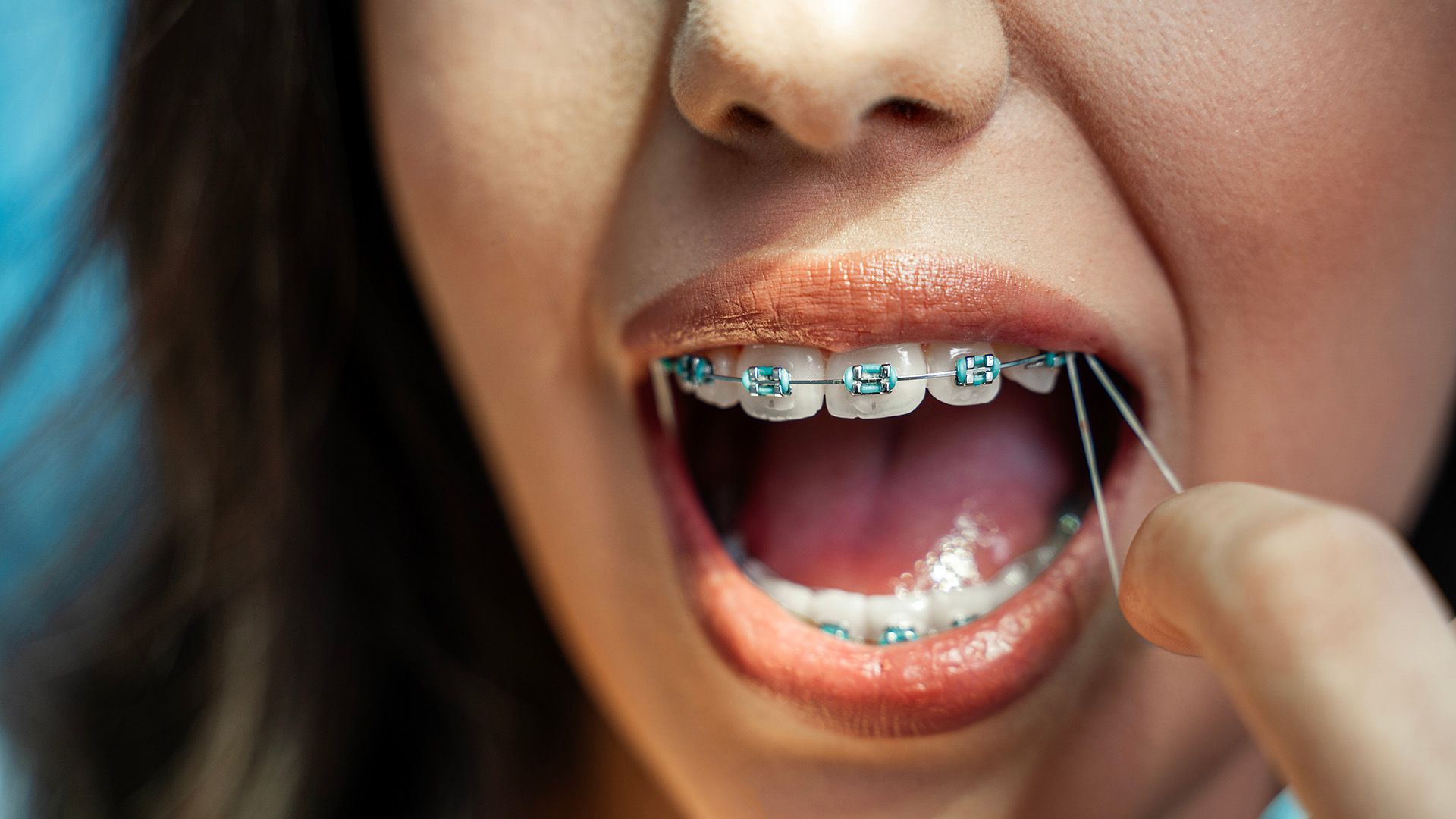Should You See a Dentist or Orthodontist for Clear Aligners?
When considering clear aligners, a common question arises: should you see a dentist or orthodontist for clear aligners? Both professionals play essential roles in oral health, yet their expertise in Invisalign orthodontia varies. Making an informed decision about who to consult is crucial for achieving quality care and effective treatment. This article explores the nature of clear aligners, compares the roles of dentists and orthodontists, and guides you on when orthodontic care is most beneficial.

What are Clear Aligners?
Clear aligners, including popular brands like Invisalign orthodontia, offer a modern, discreet, and comfortable method for straightening teeth. Unlike traditional braces, these transparent, custom-made trays fit snugly over your teeth, applying gentle pressure to gradually reposition them. Designed for daily wear of 20 to 22 hours, aligners are typically updated every one to two weeks, aligning treatment with your specific dental needs.
The advantages of clear aligners are numerous. They provide an almost invisible solution for those conscious of their appearance during treatment. Being removable, they facilitate easy oral hygiene and unrestricted dietary choices. Patients often find them more comfortable than metal braces, given the absence of brackets and wires.
Despite their growing popularity, misconceptions linger about clear aligners. Some believe they are only suitable for minor adjustments, but advancements have expanded their applicability to complex cases. Concerns about at-home kits also exist; however, professional oversight maximizes effectiveness. Whether you should see a dentist or orthodontist for clear aligners depends on the complexity of your case and the level of expertise required.
Dentist vs. Orthodontist: Who Should You Choose?
Understanding the distinctions between dentists and orthodontists is crucial for a successful clear aligner experience. Both are integral to oral health, yet their educational pathways and training diverge. Dentists undergo a four-year program focused on general oral health, while orthodontists complete an additional two to three years specializing in orthodontics, including Invisalign orthodontia. This specialized training equips orthodontists with the skills to address dental irregularities, making them specialists in clear aligner therapy.
Practice scopes also vary. While dentists offer broad dental care, including cleanings and fillings, orthodontists focus on correcting misalignments and bite issues. Their extensive experience with clear aligners allows them to create tailored treatment plans. The decision of whether you should see a dentist or orthodontist for clear aligners may depend on the complexity of your dental needs and desired outcomes.
Treatment approaches further differentiate the two. Dentists may offer clear aligners, but orthodontists typically utilize a more systematic methodology, involving advanced imaging and precise measurements to craft custom aligners. This attention to detail is vital for optimal outcomes.
Why Choosing an Orthodontist Might Be Beneficial for Clear Aligners
Selecting an orthodontist for your clear aligner treatment can enhance your overall experience. With advanced training in handling complex cases, orthodontists are well-suited for unique dental issues like severe crowding or bite problems. By choosing an orthodontist, you ensure your treatment is managed by a specialist proficient in tooth movement and jaw alignment.
Orthodontists pride themselves on creating personalized treatment plans. They use advanced technology to evaluate your dental condition and craft a comprehensive plan aligned with your goals. Regular monitoring allows for timely adjustments, optimizing results and ensuring a smoother journey to your ideal smile.
Long-term outcomes and patient satisfaction are significant benefits of seeking orthodontic care. Orthodontists not only aim for aesthetic perfection but also lasting results. Studies indicate that patients treated by orthodontic specialists report higher satisfaction and better outcomes. Ultimately, whether you should see a dentist or orthodontist for clear aligners might depend on the complexity of your case and your desired treatment results.
When is a Dentist Sufficient for Clear Aligners?
Dentists may not have the advanced training for more complex cases, such as significant bite issues or severe misalignments. These scenarios typically require an orthodontist's expertise to develop a detailed plan tailored to your dental structure.
Consulting an orthodontist is crucial. Significant crowding, overbites, underbites, or jaw alignment issues
warrant an orthodontist's advice. If you've had previous orthodontic treatment and notice regression, an orthodontist can provide specialized care to address these effectively.













